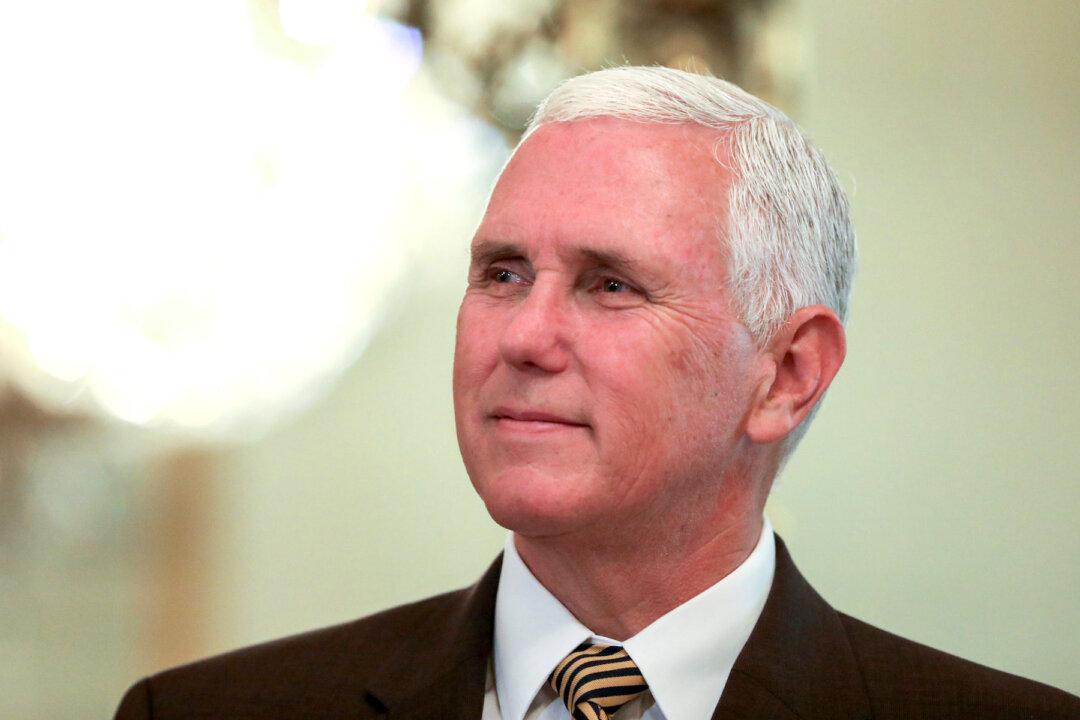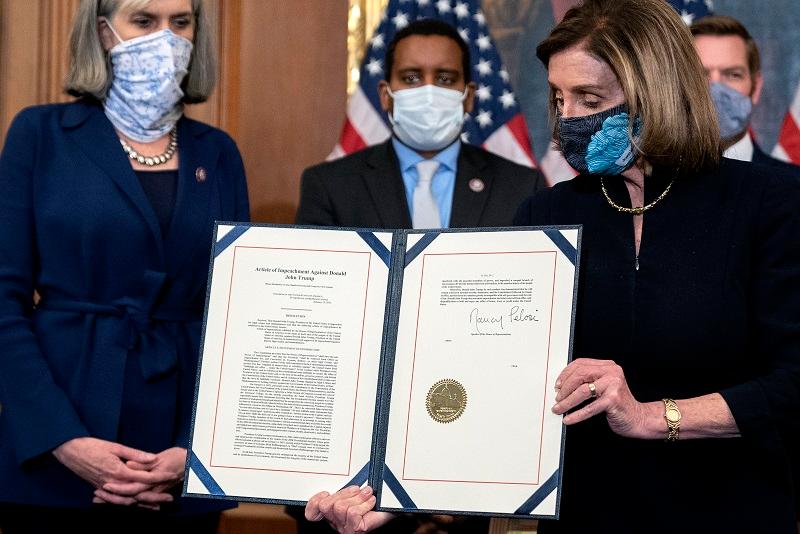Commentary
The news is changing by the hour regarding the events of Jan. 6, when the presidential electoral votes are officially opened and counted in Washington, D.C. Considering the pending lawsuits, the conflicting historical precedents, the ambiguity of the relevant Constitutional provisions, and the 1887 Electoral Count Act being the worst written statute in the history of mankind; I’m not sure anyone on the planet can predict what will happen on Jan. 6.



